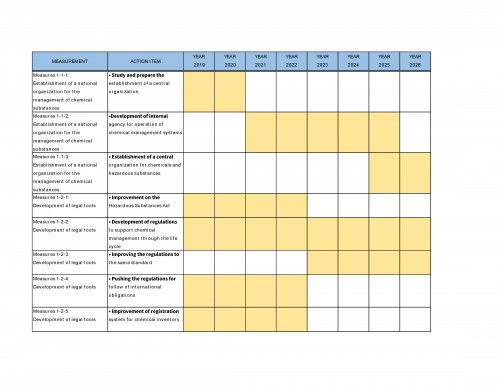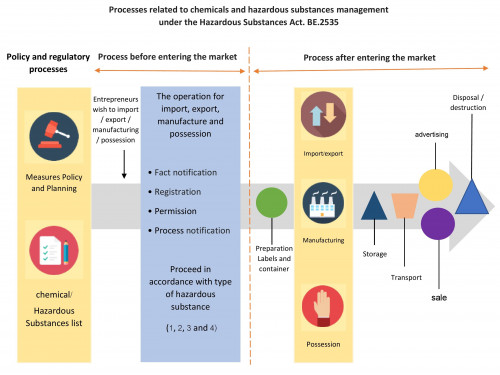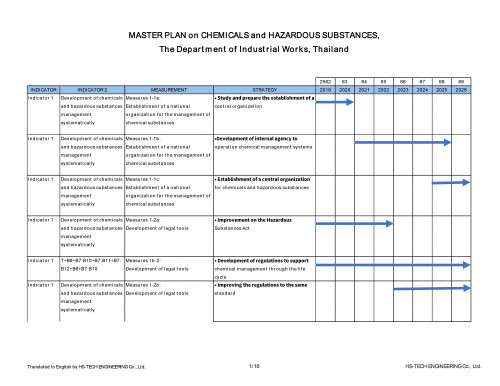The Chemical Daily, a renowned newspaper in Japan will invite Dr. Chayawee, a director for Pollution Control Department,
The Ministry of Natural Resource and Environment, Thailand and Mr. Hashimoto as speakers of a seminar in Tokyo,
which is focousing only on regulatory status of Thailand associated with industrial chemicals.

The seminar will be held from 13:00 at Tokyo Garden Palace Hotel in Tokyo. Mr. Hashimoto is going to explain tips, below for enterprises to address issues, derives from various aspects including Thai culture.
· CBI Rejection by DIW due to an inconsistency between some documents, prepared by a forwarder in the description of ingredient name and concentration.
· SDS and label requirements.
· Posed a fine of Penalty due to a discovery of hazardous substances in factory which had not notified to DIW.
· The reasons why agencies can not disclose criteria and who overcomes the tough situations?
· Lessons learned from experience above and countermeasures.
Outlines of the seminar can be seen on the web site at;
https://www.chemicaldaily.co.jp/seminar/20190415/




